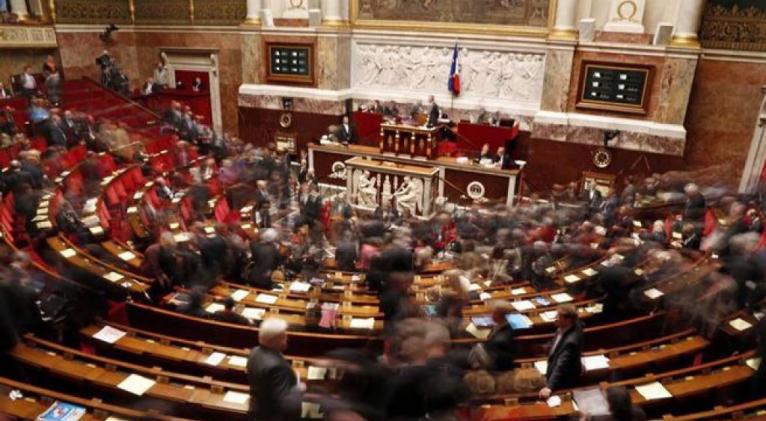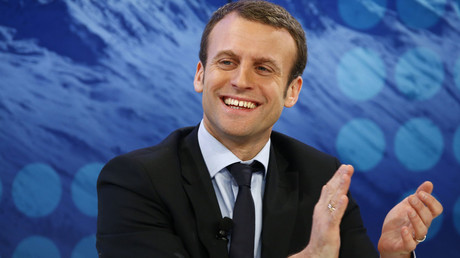French Assembly adopts resolution calling to end anti-Russian sanctions imposed by EU
especiales

Fifty-five members of the French National Assembly have supported the resolution calling on the government not to extend the sanctions imposed on Russia by the EU. Forty-four voted against and two abstained. Of the 577 deputies in the National Assembly, the lower house of the French Parliament, 101 took part in the vote.
The resolution, calling on the French government to protest extension of EU sanctions against Russia, was submitted by 85 French MPs.
Thierry Mariani, member of the center-right Republicans party who initiated the parliamentary debate, says the document "calls on the French government not to extend the restrictive measures and economic sanctions imposed on Russia by the European Union."
The debate on canceling sanctions was held at the National Assembly for the first time, the politician said. Mariani stressed that anti-Russian sanctions should be lifted because they only cause harm.
"We are demanding that the sanctions be lifted because they are totally ineffective and they are dangerous for our economy," he told the Assembly.
Earlier this year, France’s Minister of Economy, Industry and Digital Affairs Emmanuel Macron said that by this summer France will assist in lifting Western-imposed sanctions on Russia.
An increasing number of European politicians have become more skeptical about the sanctions, pointing out that they have proven to be politically ineffective and economically harmful for both Russia and European countries. Italy initially delayed the decision to prolong anti-Russian measures, demanding the issue be discussed rather than merely rubber-stamped.
EU sanctions against Russia were first introduced in July 2014 for one year, and were later extended over the crisis in Ukraine and the reunification with Crimea.
The sanctions included imposing restrictions on lending to major Russian state-owned banks, and defense and oil companies. In addition, Brussels imposed restrictions on the supply of weapons and military equipment to Russia, as well as military technology, dual-use technologies, hi-tech equipment and technology for oil production.
Russia responded by imposing an embargo on agricultural produce, food and raw materials against countries that joined the anti-Russian sanctions. Imports of beef, pork, poultry meat, fish, cheese, milk, vegetables and fruit were banned. Moscow also launched a policy of import substitution.














Add new comment